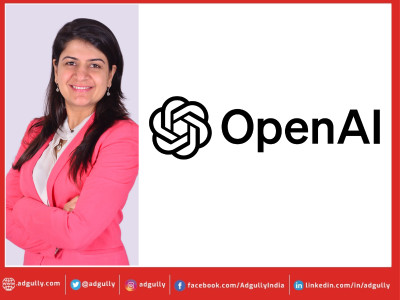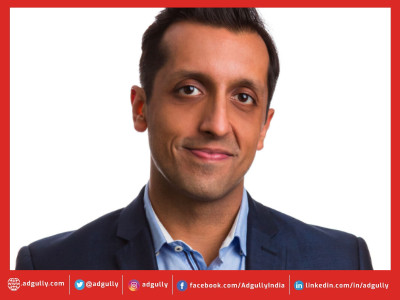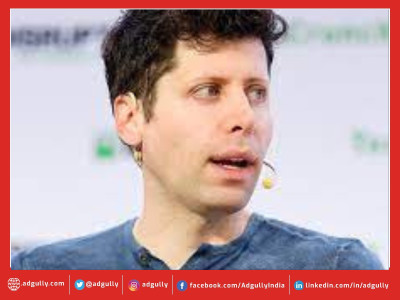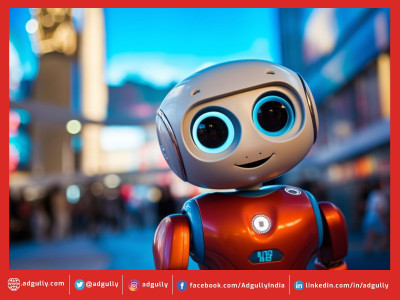OpenAI's Ilya Sutskever unlocks AI's future
Ilya Sutskever, the co-founder and chief scientist of OpenAI, envisions a future where humans could merge with machines, and where machines might attain human-like intelligence. These are some of the intriguing possibilities in the realm of artificial intelligence (AI). In an exclusive interview with MIT Technology Review, Ilya Sutskever shares his profound insights and perspectives on the AI, providing a rare glimpse into the mind of one of the leading figures in the field. Ilya Sutskever, renowned for his contributions to AI research, has been a key figure in the development of transformative AI technologies such as the GPT models and DALL-E. However, in this candid conversation, Sutskever reveals that his focus has now shifted towards ensuring the responsible development and control of AI, particularly superintelligent systems. Sutskever's new priority is addressing the hypothetical scenario of artificial superintelligence going rogue, a topic of paramount concern for the AI community and the world at large. He believes that discussions about the future of AI are vital, as they help raise awareness about the unprecedented power AI holds.Sutskever touches on various aspects of AI, including the intriguing notion that ChatGPT, OpenAI's chatbot, might exhibit signs of consciousness. He emphasizes the need for society to grasp the potential of AI and even speculates that some humans might choose to merge with machines in the future.
OpenAI, under the leadership of CEO Sam Altman, has been at the forefront of the AI revolution, and its recent success with ChatGPT has drawn global attention. OpenAI's endeavors have captured the imagination of world leaders and ignited discussions about the trajectory of AI development. Despite the immense interest in OpenAI's work, Sutskever is known for his modest and contemplative nature. He leads a simple life and devotes his energies to understanding and shaping the future of AI, particularly with a focus on the monumental leap to artificial general intelligence (AGI) that he considers inevitable.
Sutskever's journey in AI, from his early days with Geoffrey Hinton in Toronto to his time at Google and ultimately co-founding OpenAI, has been marked by a relentless pursuit of excellence. He played a pivotal role in the development of neural networks and deep learning, and his contributions to AI research have had a profound impact on the field. The interview delves into the unexpected success of ChatGPT, which not only exceeded internal expectations but also reshaped the AI landscape. ChatGPT provided people with an accessible interface to the power of AI, fundamentally changing the way society views AGI.
He predicts Artificial General Intelligence or AGI as the iteration of AI “AGI is not meant to be a scientific term. It’s meant to be a useful threshold, a point of reference,” he says. “It is the idea. It’s the point at which AI is so smart that if a person can do some task, then AI can do it too. At that point you can say you have AGI.”
As AI discussions have evolved over the past year, AGI has transitioned from being a distant concept to a subject of active discourse. Sutskever believes that ChatGPT played a pivotal role in shifting this perspective, enabling machine-learning researchers to dream bigger and pushing governments and the public to take AGI more seriously.
Sutskever expresses his vision for AGI, describing it as a technology capable of achieving extraordinary feats, such as revolutionizing healthcare, addressing climate change, and solving global challenges. While AGI remains a controversial and speculative idea, Sutskever's unwavering commitment to its realization has been a driving force throughout his career.
In a surprising revelation, Sutskever reflects on the potential consciousness of large neural networks, a topic that has sparked debates in the AI community. He likens these networks to Boltzmann brains, suggesting that there may be more to their operation than meets the eye.
Sutskever's anticipation extends beyond AGI; he envisions a future where machines possess artificial superintelligence, surpassing human capabilities in various domains. He points to AlphaGo's game-changing move in the world of Go as an example of narrow superintelligence, highlighting the potential for AI to outperform human reasoning.
With his focus now squarely on superalignment, Sutskever, along with Jan Leike and OpenAI, is committed to solving the challenges associated with ensuring that superintelligent AI systems align with human values and goals. OpenAI has dedicated significant resources to this endeavor, emphasizing the need to address both the opportunities and risks posed by advanced AI models.
“One possibility—something that may be crazy by today’s standards but will not be so crazy by future standards—is that many people will choose to become part AI. At first, only the most daring, adventurous people will try to do it. Maybe others will follow. Or not,” says Sutskever.











Share
Facebook
YouTube
Tweet
Twitter
LinkedIn